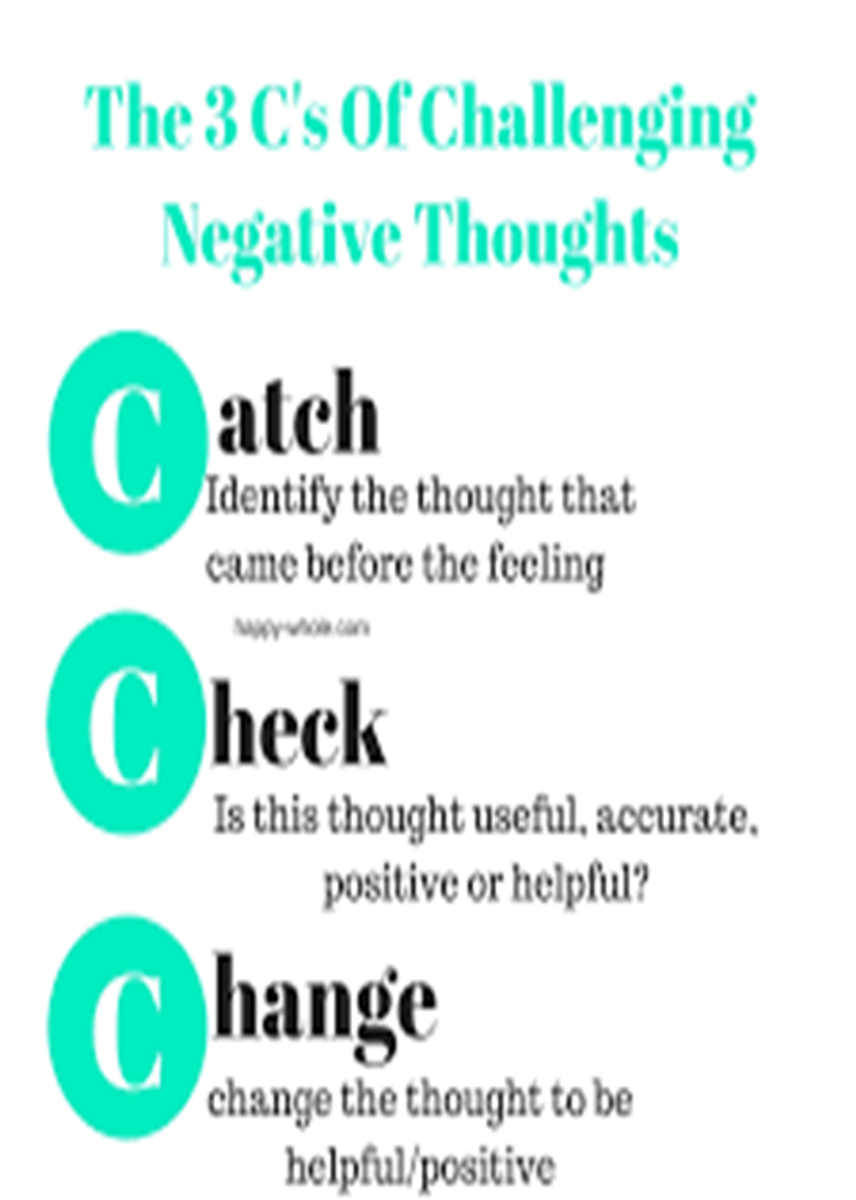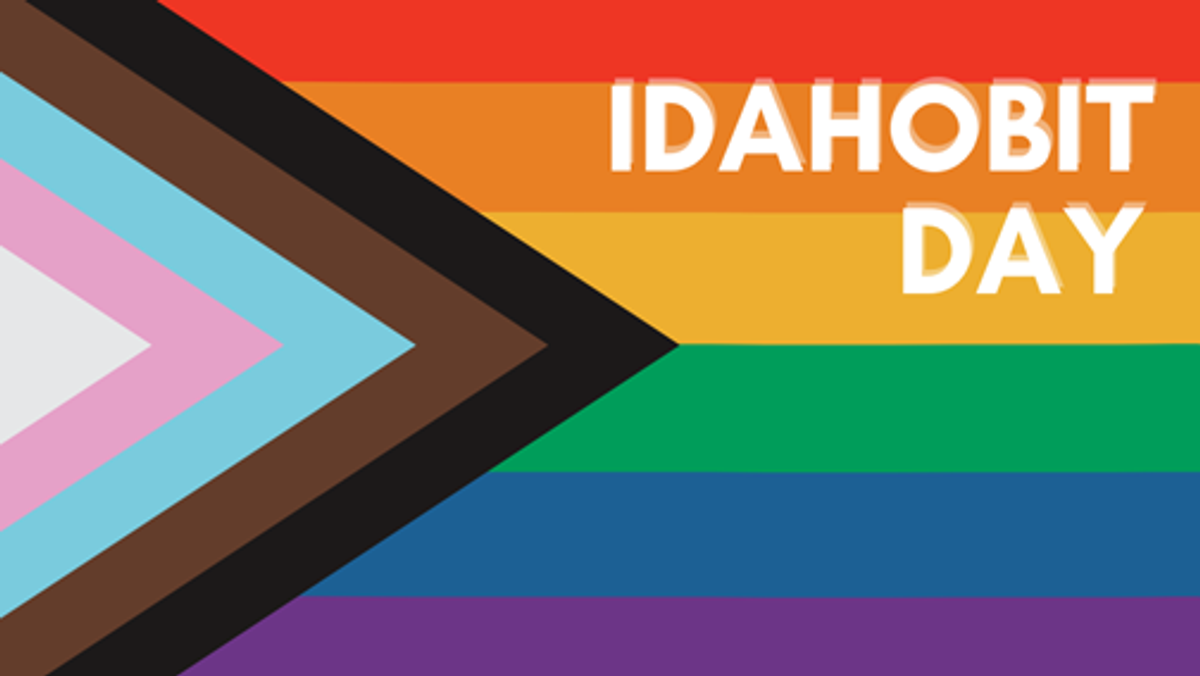Wellbeing
From the Director | Positive Self-Talk | IDAHOBIT Celebrations |
Understanding Vaping Webinar | Contact form | Helpful contacts

Wellbeing
From the Director | Positive Self-Talk | IDAHOBIT Celebrations |
Understanding Vaping Webinar | Contact form | Helpful contacts


Good luck to all students sitting exams over the next couple of weeks.
Take this opportunity to refine your process for sitting exams. Have a look at how you are doing the following:
Continuing to practice and refine this process over the years will ensure that you have it as a well-entrenched routine by the time you reach Year 12.
With the exams looming, it is important to acknowledge the benefits of positive self-talk rather than letting negative self-talk creep in.
USING COGNITIVE BEHAVIOUR THERAPY (CBT) TO CHALLENGE NEGATIVE SELF-TALK
Positive self-talk makes you feel good about yourself and the things that are going on in your life. It's like having an optimistic voice in your head that always looks on the bright side. Negative self-talk tends to make people pretty miserable and can even impact their recovery from mental health challenges...So, what can you do to improve your self-talk?


It is important to consciously recognise when you are engaging in negative self-talk, be aware of what you are saying to yourself and challenge your thoughts/beliefs to flip the negative into positive self-talk.
Negative: I failed and embarrassed myself.
Positive: I’m proud of myself for even trying. That took courage.
Negative: I let everyone on my team down when I didn’t score.
Positive: Sports are a team event. We win and lose together.
Negative: There’s just no way this will work.
Positive: I can and will give it my all to make it work.
Ask yourself – Would you let your friends talk to themselves this way? No? Well then, it’s time to set the same standards for yourself. It will take practice to get it right, but it will be worth the time and effort. Let positive self-talk become your norm. If you’re having trouble doing it on your own, remember the Wellbeing team is here to help.


The International Day Against Homophobia, Biphobia and Transphobia is observed annually on May 17th and aims to coordinate international events that raise awareness of LGBTQIA+ rights violations and stimulate interest in LGBTQIA+ rights work worldwide.
Cheltenham Secondary College students were invited to participate in some lunchtime activities run by Kingston Youth Services, including hand painting, making pledges of support for ‘what inclusion means to me’ and photos with the rainbow Instagram frame.
Kerri Haworth
Director of Wellbeing
Monash Health, City of Casey, City of Greater Dandenong, Shire of Cardinia and Quit are coming together to provide a free webinar on Understanding Vaping. This would have to be the hottest topic currently affecting our young people.
The guest speaker is Sharon Torpey from Drug Education Australia. Sharon is the co-founder and Director of Drug Education Australia, a leading provider of high-quality, factual drug education. Sharon is a qualified health education teacher with 20 years of experience in connecting with young people.
The session will cover the following topics:
- up-to-date and accurate information on e-cigarettes/vapes
- trends and risks of vaping
- understanding and supporting our young people
- practical strategies to address vaping.
The free Webinar will take place on Tuesday 6th June from 7.00 - 8.30pm.
Please see the link below if you are interested in attending.
The target audience is anyone who is interested in learning more about vaping, including parents, teachers, sports clubs and professionals.


Contact our Cheltenham Secondary College Wellbeing team directly with any concerns or issues and one of the team will get back to you. The form can be accessed here.
Headspace
Headspace Centres can be a one-stop shop for all young people who just need some help with everyday stuff or wellbeing and physical health.
Kids Helpline
Kids Helpline is across Australia, it is free, private and confidential 24/7. Mainly for young people aged 5 to age 25.
Call them on.. 1800 55 1800
Lifeline
Provides all Australians everywhere experiencing a personal crisis allowing 24-hour support. Call them on.. 13 11 14
Beyond Blue
https://www.beyondblue.org.au/
Provides information and support which helps tackle head-on the effects of mental health issues no matter where or what age.
Call them on.. 1300 22 4636
Parentline
https://www.betterhealth.vic.gov.au/health/serviceprofiles/parentline-service
Fantastic service for parents and carers of young children from a few days of age all the way up to 18-year-olds. This service offers counselling and support which is confidential and anonymous on all issues around parenting. Call them on...13 22 89.